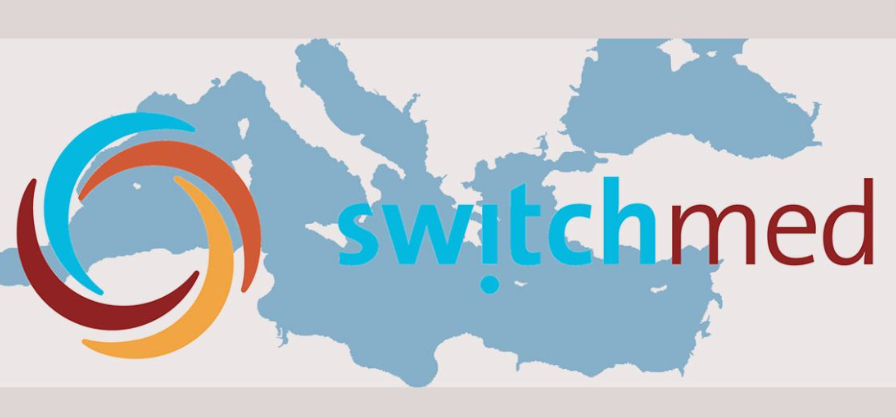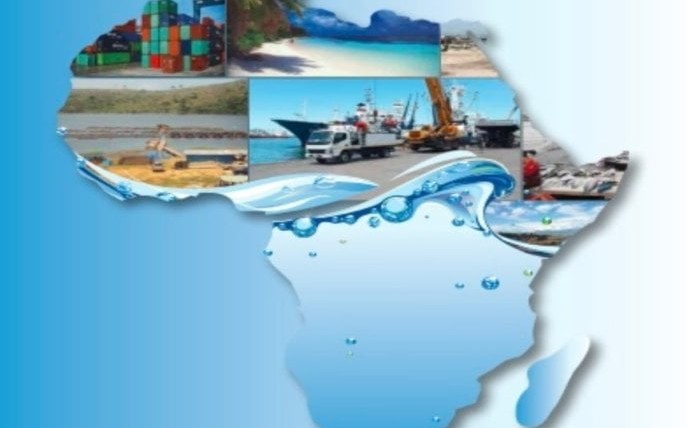Valorizing by-products from bluefin tuna farming, transforming algae into luxury products and cultivating microalgae in recycled shipping containers are the three winning projects of the SwitchMed II green entrepreneurship program, which focuses on circular components and blue. SwitchMed, a regional initiative launched in eight Mediterranean countries, including Tunisia, aims to strengthen the sustainable entrepreneurship ecosystem at national and regional levels. It focuses in particular on supporting entrepreneurs (The Switchers) and companies who wish to adopt greener practices.
Hichem Salem, project manager at the Center for Regional Activities for Sustainable Consumption and Production, the implementing body of the SwitchMed program, explained that since its launch in Tunisia in 2014, nearly a hundred projects have benefited from the program. . He noted that around 17 projects (15 in the green sector and 2 in the blue) have reached maturity, while the rest are still in progress.
The entrepreneurs behind these projects (17 in total, including the first three winners) benefited from incubation support through a mechanism developed with the Tunis International Center for Environmental Technologies (Citet) , SwitchMed partner responsible for implementation in Tunisia, allowing them to develop financing plans for green activities. The coordinator of the SwitchMed green entrepreneurship program at Citet, Sallouha Bouzgarrou, indicated that around 120 entrepreneurs were trained and 16 incubated during the second phase of the project (2019-2024). She added that the European Union (EU) allocated €200,000 to Tunisia for the two phases of the SwitchMed program, thus strengthening the entrepreneurial ecosystem in Tunisia.
The Citet consultant for the SwitchMed program, Khaled Elloumi, highlighted that the program resulted in the training of 60 ecosystem actors from the private, public and civil society sectors to support green project entrepreneurs. To achieve this objective, it has defined seven strategic axes to support young people in carrying out their green projects. These areas include the adoption of a favorable regulatory framework, the implementation of ambitious green projects, the granting of a green label to mentors, the establishment of an updated information system on green entrepreneurship in Tunisia, the financing of green projects, the inculcation of a green culture from an early age and the guarantee of good governance. Although it is a real engine of economic development, blue entrepreneurship among young people in Tunisia remains “little or underexploited” due to several factors linked mainly to the lack of knowledge of the marine environment, according to a study carried out by the Citet on opportunities for eco-entrepreneurs in the blue economy sectors in Tunisia.
“Certain stereotypes are at the origin of the reluctance of young people, particularly those who are inactive (unemployed and not in school or training) and those who are unfamiliar with maritime issues, to get involved in the blue economy. According to them, this sector is still considered exclusive to fishermen,” declared Emna Sohlabji, maritime law consultant at Citet, during a workshop organized to present this study. Tide in collaboration with MedWaves, the regional activity center of the United Nations Environment Program (UNEP/MAP) Mediterranean Action Plan for Sustainable Consumption and Production and funded by the EU, this study identified other administrative and regulatory factors discouraging young people from working in the blue economy sector. These factors are characterized in particular by the absence of a legal framework adapted to the blue economy and by the legal uncertainty concerning the rights of use of maritime space, ownership and exploitation of resources. This partly explains the lack of interest among young entrepreneurs in blue entrepreneurship.
Furthermore, the lack of institutional coordination between sectors of the blue economy makes authorization processes complex, lengthy and unclear, hindering young entrepreneurs’ access to the necessary information, advice and resources. In addition to these obstacles, the study also points to financial difficulties, because certain maritime activities require heavy investments and are not subject to financial advantages, thus discouraging young people from working in this sector which nevertheless brings together various other sub-sectors. such as tourism, pescatourism (diversification activity, allowing professional fishermen, in addition to a paid activity, to welcome people on board their vessel to help them discover their profession, but also the marine environment) and gastronomy . To meet these challenges



